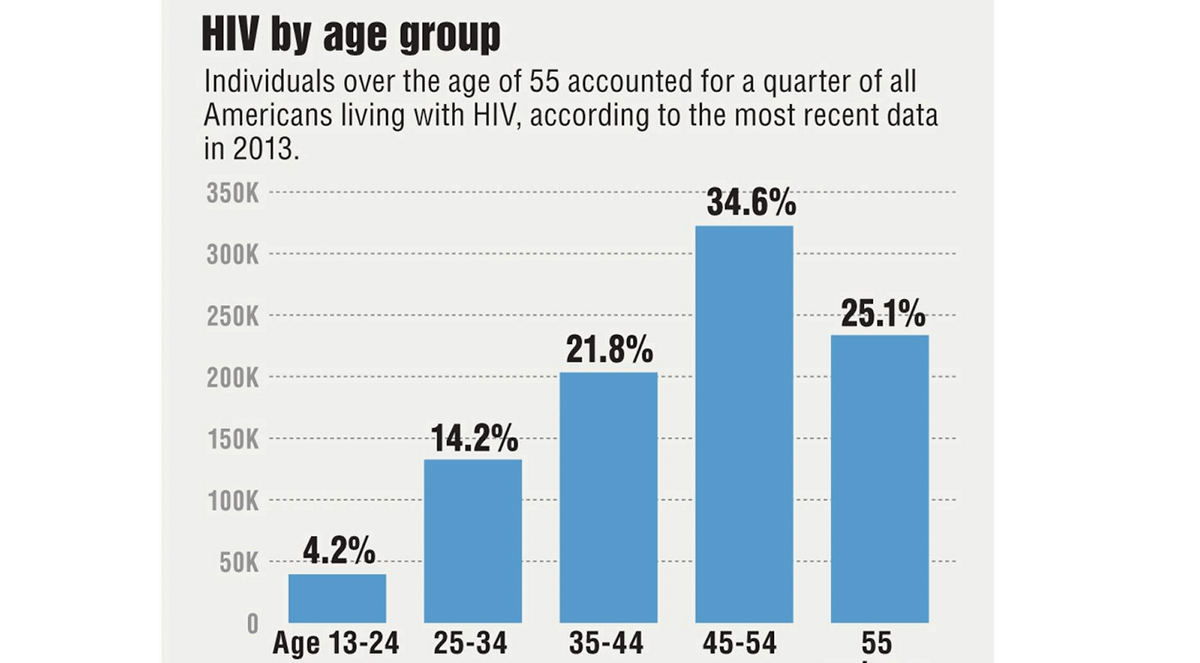Researchers scrambling to determine impact of virus on the aging brain.
Doctors have long recognized that individuals infected with HIV can experience mild to severe memory or cognitive decline. HIV-associated neurocognitive disorders affect some 30%-50% of infected patients, even those on antiretroviral drugs.
Researchers believe inflammation of the brain caused by the virus may play a role in cognitive decline. While antiretroviral drugs are effective at keeping the virus from replicating elsewhere in the body, they may not fully penetrate the blood-brain barrier that generally protects the brain from toxins.
Concern is growing over the possibility that people who become demented with HIV will be mistakenly labeled as HAND. that could make individuals with HIV much more susceptible to aging-related dementia and Alzheimer’s disease, in what’s known as the two-hit hypothesis.
Researchers are now trying to develop protocols for distinguishing HAND from the start of Alzheimer’s. That could include using PET scans to look for amyloid plaques in the brain. The challenge is the availability of this modality. Because it is expensive and not FDA approved (or reimbursed by Medicare), it will greatly limit those who can afford it.
There is a national study underway to test the ability of PET scans to diagnosed Alzheimer’s and to justify Medicare reimbursement. Turner said doctors who suspect their HIV patients may have Alzheimer’s could get free scans through the clinical trial
Researchers worry about the real risk for older HIV patients to be diagnosed late because they’re living with a disease that alone can cause cognitive impairment. Since Alzheimer’s disease could easily be overlooked, doctors may not recognize the early signs.
Source: Adapted from The Bulletin


